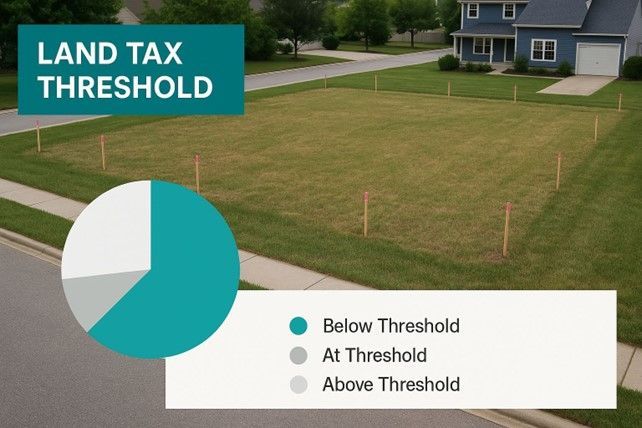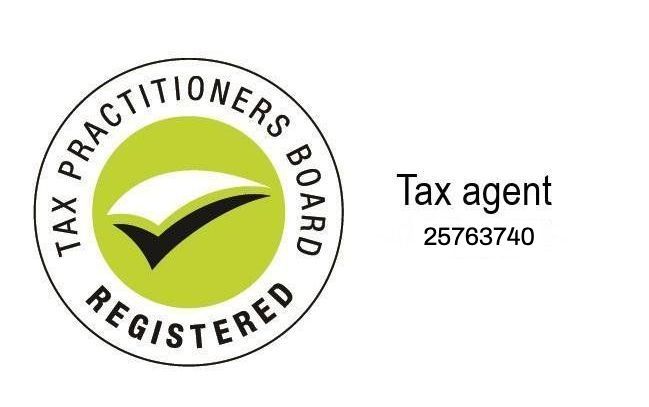Leveraging Virtual CFOs for scalable business expansion
Leveraging Virtual CFOs for scalable business expansion
In the modern business environment, financial complexity is a given. With Australia's ever-changing tax laws and the increasing demands of managing financial operations, companies today are faced with a pressing question: to hire an internal finance team or opt for the increasingly popular solution of a Virtual Chief Financial Officer (vCFO).
For companies seeking scalable business expansion, leveraging the expertise of a vCFO, such as those at THN Samios & Partners, can provide significant advantages.
The challenge of in-house financial management
In-house financial management can be a demanding endeavour. Apart from the direct costs of hiring full-time employees (superannuation, leave entitlements, etc.), businesses must also deal with the risks associated with staff turnover and varying quality of work. Ensuring that your internal team stays updated with the latest tax laws and Australian Taxation Office (ATO) changes is another challenge, often overlooked.
Moreover, large organisations sometimes struggle to fully comprehend the breadth of tasks their internal accounting team handles, leading to over-reliance and potentially missed opportunities for proactive financial management.
The solution: Virtual CFOs
Enter the vCFO, an external CFO service that provides high-level expertise without the associated high costs and commitments. At THN Samios & Partners, our vCFOs deliver various benefits to support scalable business expansion.
Zero sick days and annual leave: Unlike an internal employee, a vCFO service doesn't require sick days or annual leave, reducing disruptions to your business operations.
Up-to-date expertise: vCFOs constantly undergo continuous professional development. They are on top of the latest tax laws and ATO changes, ensuring that your business remains compliant and can take advantage of relevant tax benefits.
Access to a team of experts: Rather than relying on the knowledge and skills of a single individual, with a vCFO, you leverage the expertise of an entire team of financial professionals, each bringing unique insights and experiences.
Accountability:
Engaging a vCFO also ensures a higher level of accountability. An external vCFO service has a reputation to uphold, and its success relies heavily on the success of its clients.

Scalable business expansion with a vCFO
In business growth, a vCFO brings strategic financial management to the table. They help identify growth opportunities, improve cash flow, manage risks, and make informed decisions - all crucial elements for successful business expansion.
One aspect of Australian tax law where a vCFO's expertise can be particularly beneficial is navigating the Research & Development Tax Incentive (R&DTI). This complex area of legislation offers substantial benefits for businesses engaging in eligible innovation activities, but understanding the requirements and managing the claim process can be challenging. A vCFO can ensure you maximise the benefits while staying within the guidelines.
As we navigate an increasingly complex business landscape, the advantages of engaging a vCFO become clearer. By leveraging their expertise, businesses can effectively manage financial operations, reduce risks, and cost-effectively facilitate growth. At THN Samios & Partners, we partner with you on this journey, ensuring your business reaches new heights of success.
Choosing between an internal finance team and a vCFO is a strategic decision. It's about understanding your business's needs and the landscape in which it operates. But it's hard to ignore the compelling case for a vCFO for scalable business expansion.
About THN & Samios Partners
We're more than just an accounting firm. We're allies on your business journey.
Our experts have 30+ years' of experience in a wide range of financial disciplines -- tax compliance; tax planning; superannuation; business management; strategic development; mergers and acquisitions.
This lets us assign the right people for the job — not more people — adapting our approach to your goals. You get the bench strength you need without the baggage and overhead of a large consultancy.
Contact us today












